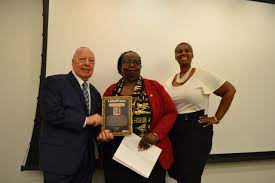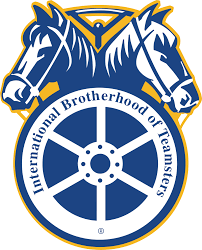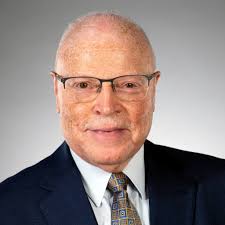New York, NY — On September 7th, LaborPress is proud to honor CWA Local 1180 President Gloria Middleton for taking a leadership role in organizing workers. We spoke to her to learn more about her history with the movement and her experiences in organizing with Local 1180 as well as other unions.
LP: When did you join the labor movement and what motivated you to do so?
GM: I was a shop steward before being employed as a staff representative in May 1995 at CWA Local 1180. I became a steward after experiencing some ill-treatment on my city job at HRA. I always read my contract to know what my rights were under a collective bargaining agreement. My father was a longshoreman and I remember going to the union hall with my father as a child. That building also had its medical services in one location
and I remember him taking us there for various medical appointments for his family. My parents had 8 children and would never have survived in NYC without a union job and benefits. I never forgot how important the union was to our family. When I became gainfully employed, I knew I always wanted a union job.
LP: What was your first experience with organizing workers?
GM: I was always an organizer at heart. When I saw the rights of my fellow workers being taken advantage of, I was always the person to speak up and speak out against any infraction of a contract or policy at my work location. My fellow employees actually asked me to run for steward at my location because they felt I was the proper voice to speak for them and the former steward was not meeting their needs… My first assignment was to organize my co-workers to rally against the state controlling the training unit I was working in at HRA. The state taking over would have demolished the
training program we were in and therefore most workers would be redeployed and/or reassigned. We were able to push the state program back with the help of the union.
LP: What was your first experience organizing workers in your current union?
GM: At NYCTA, when we obtained the administrative manager position, that position was not included for NYCTA in the agreement with the city for the title to be part of our CBA. Therefore we had to organize them, collect cards from them and get them to agree
that they should be represented title at NYCTA. It was a difficult organizing drive as transit is different from most city agencies and did provide some perks that they would lose if they became a represented title. However, what convinced most of them was the fact that their salaries did not commensurate with the salaries of other “managers” at transit. Transit only gave them a $1,000 increase as they came off a civil service list and
would not consider the other increases they would get if they were still in the union. One-on-one conversations helped and many group meetings helped to convince the unit at that time to sign cards. Once we had 85% of the unit sign cards wanting to join the union, I
was able to convince management to give union recognition and they became our members. It was a group at that time of about 120 new members.
LP: What was the most recent organizing challenge and what was the result?
GM: We have had a couple of recent organizing challenges: NDWA (National Domestic Workers Alliance) and the Audubon society. Both shops have workers across the country and while both shops have great missions and are iconic organizations in the world of non-profits the backlash we received from trying to unionize them, much less getting a first contract has been more than challenging. I have a team of organizers and staff reps
from the local and the national CWA that work around the clock to get this needed work done. After almost a year and a half of trying to get the first contract with NDWA, to the point of threatening a strike, we ratified the agreement just this week. We are still in a challenge with the Audubon Society on a first contract as they have hired one of the most anti-union attorneys to sit with us at bargaining.
LP: What do you consider the union’s biggest organizing victory?
GM: So while we organize new members in the private sector, we also go to our public sector shops and ascertain whether there are unrepresented titles in those shops that should be unionized. Our biggest challenge is dealing with H&H and their constant need to create non-competitive titles that they call “managerial”. When we acquire certain titles through accretion and years of OCB court hearings, they make up new non-
competitive titles that they call managerial and we are back at OCB again. The last title we were in court fighting their “managerial” title was assistant directors. After 11 years of hearings at OCB, we won the case and acquired the title of assistant director of hospitals. We are now challenged by H&H as to what those salaries should look like, what are the job descriptions and where the locations should be assigned.
LP: In your opinion, what does it take to assume a leadership role in organizing, such as
you have done?
GM: As a leader, you must have a desire to grow the union first. Second, you must evaluate your capacity to be able to organize. Do you have the financial resources? Do you have the staff and training abilities of the staff to organize? What are your goals? What do you want your union to look like? Diversity and inclusion must be part of your goal. Many leaders will not admit this, but what are the political ramifications for organizing new groups and are you secure enough in your leadership role for that not to be an issue? Have you as a leader set the groundwork for the union to go forward no
matter what the outcomes are? These are internal questions a leader must ask before moving forward. There will be successes and there will be failures, hopefully, your successes will outweigh the latter.






